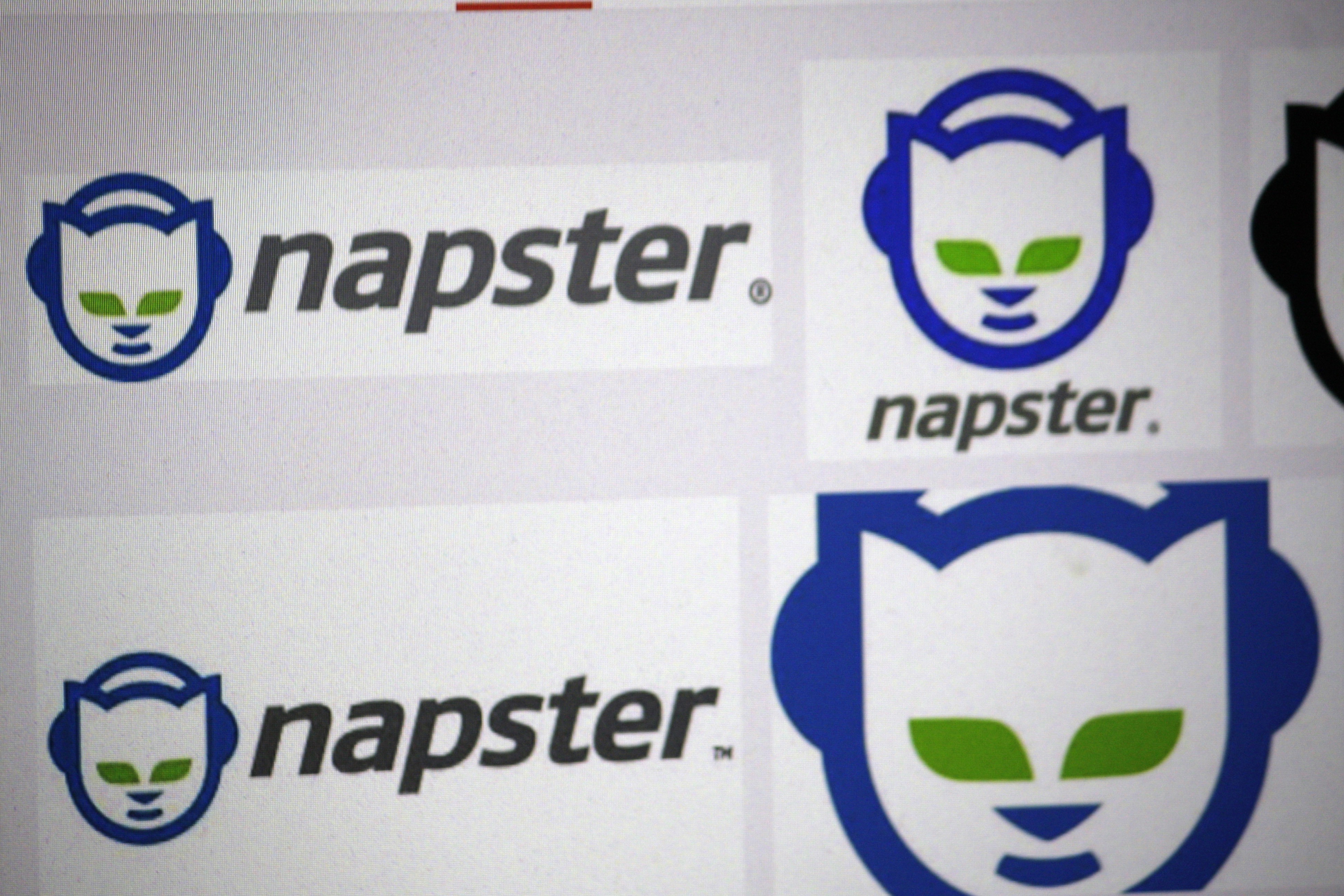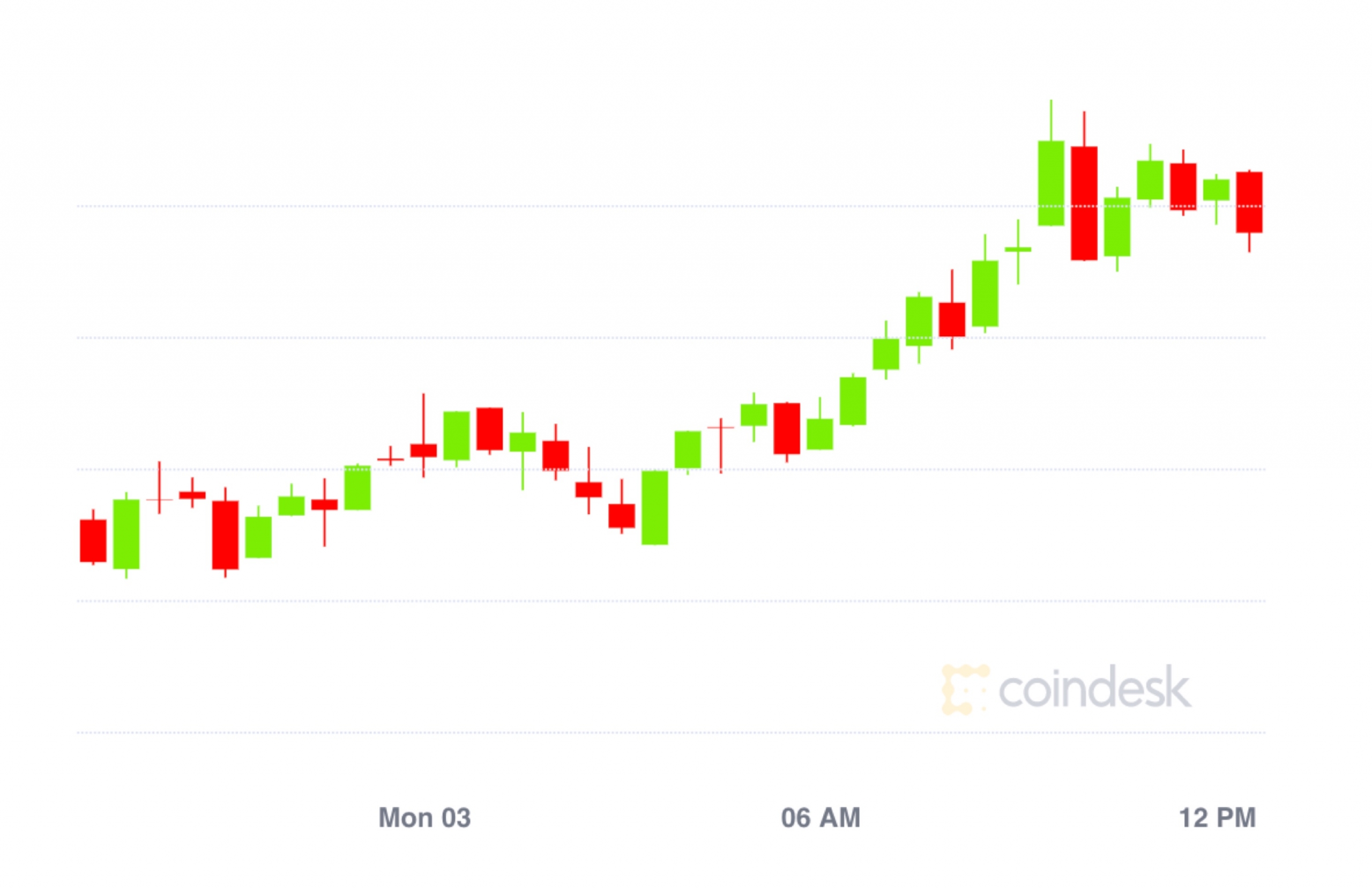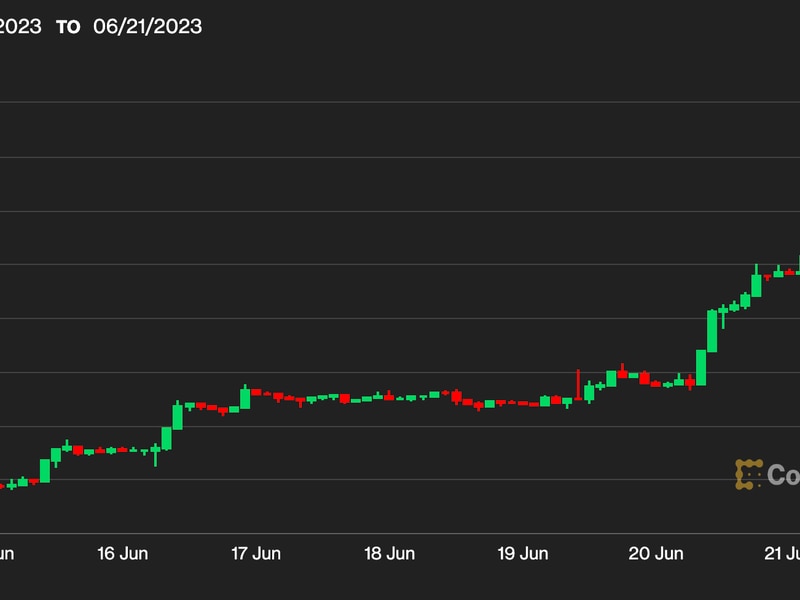Blocknative to Suspend MEV-Boost Relay After Economics Fail to ‘Materialize’
Blocknative, a provider of tools for transactions on the Ethereum blockchain, said Tuesday it’s exiting services related to its MEV-Boost Relay – a type of software used by network validators.
The decision followed internal discussions among the company’s leadership and board of directors, according to a post on X (formerly Twitter). In the post, the company admonished users to “remove the Blocknative Relay from your validator configurations” by Sept. 27.
Blocknative will continue in other core services, according to CEO Matt Cutler. The company’s website lists products including mempool explorer, transaction simulation, Ethereum gas estimator and Polygon estimator.
In an interview, Cutler told CoinDesk that the business wasn’t delivering on the company’s economic expectations.
“What started out as an economically interesting opportunity turned into not a very economically interesting opportunity,” Cutler said. “We made a bunch of efforts that are still ongoing, both publicly and privately, to try to introduce economic incentives at the relay layer, but those didn’t really materialize.”
MEV, or Maximal Extractable Value, is sometimes known as an “invisible tax” that validators and builders can collect from users by reordering or inserting transactions in a block before they’re added to the blockchain.
The main way that validators on Ethereum earn MEV is through MEV-Boost, a middleware developed by research and development firm Flashbots that allows validators to request blocks from a network of builders.
The businesses of running a relay and block-building services represent “a lot of work,” Cutler said. “It’s a lot of expertise, it’s a lot of engineering and not a lot of economic incentive for someone in our position as a credibly neutral player.”
Blocknative has provided tools for MEV-Boost, and was one of the five entities that has proposed over 90% of blocks on Ethereum. Some figures in the MEV-Boost space expressed concerns on X that the business is becoming excessively centralized.
“We’re not really excited about some of the trends that we’re seeing in this category in terms of the centralizing forces at play and the very small number of actors that are happening here,” Cutler said.
Edited by Bradley Keoun.









